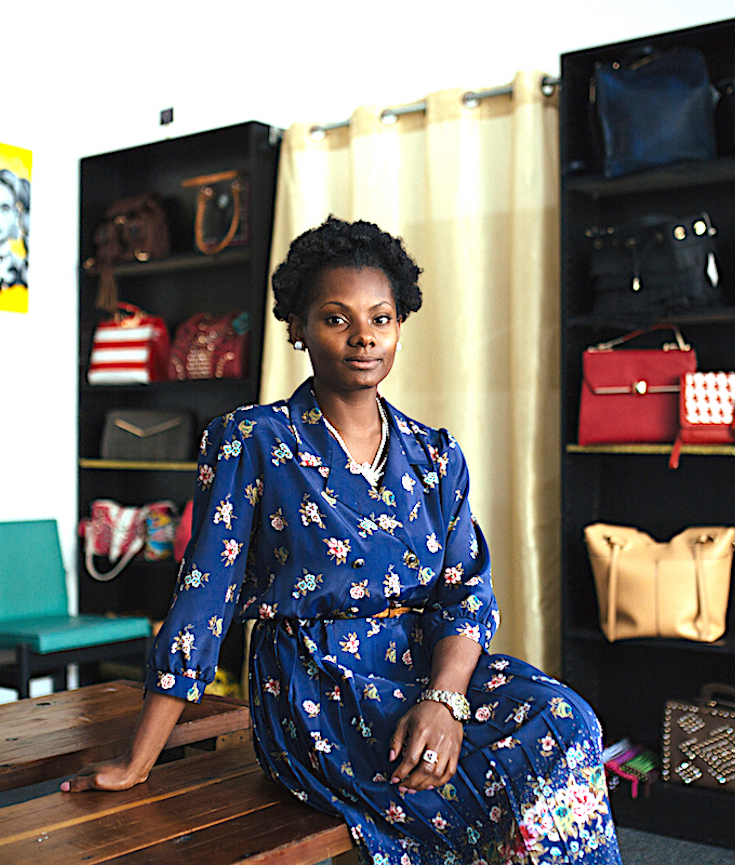Someone who doesn’t know any better might be inclined to assume that in a city where the population is more than 80 percent black, and where there are more than 40,000 black-owned businesses – more per capita than just about any other major city in the country – that the business climate for black folks in Detroit must be simply tremendous. As a matter of fact, the assumption might be that Detroit must be the Promised Land for black business.
That assumption would be wrong.
[mc4wp_form id=”6042″]
 Photo | Courtesy of Black Life, Arts & Culture, B.L.A.C.
Photo | Courtesy of Black Life, Arts & Culture, B.L.A.C.

Detroit is the most populous city in the U.S. state of Michigan, the fourth-largest city in the Midwest and the largest city on the United States–Canada border. It is the seat of Wayne County, the most populous county in the state.
The municipality of Detroit had a 2015 estimated population of 677,116, making it the 21st-most populous city in the United States. The metropolitan area, known as Metro Detroit, is home to 4.3 million people and lies at the heart of the Great Lakes Megalopolis area, with around 60 million people. Roughly one-half of Michigan’s population lives in Metro Detroit alone. The Detroit–Windsor area, a commercial link straddling the Canada–U.S. border, has a total population of about 5.7 million.
Detroit is a major port on the Detroit River, a strait that connects the Great Lakes system to the Saint Lawrence Seaway. The Detroit Metropolitan Airport is among the most important hubs in the United States. The City of Detroit anchors the second-largest economic region in the Midwest, behind Chicago, and the thirteenth-largest in the United States. Detroit and its neighboring Canadian city Windsor are connected through a tunnel and various bridges, with the Ambassador Bridge being the busiest international crossing in North America. Wikipedia



You must be logged in to post a comment.